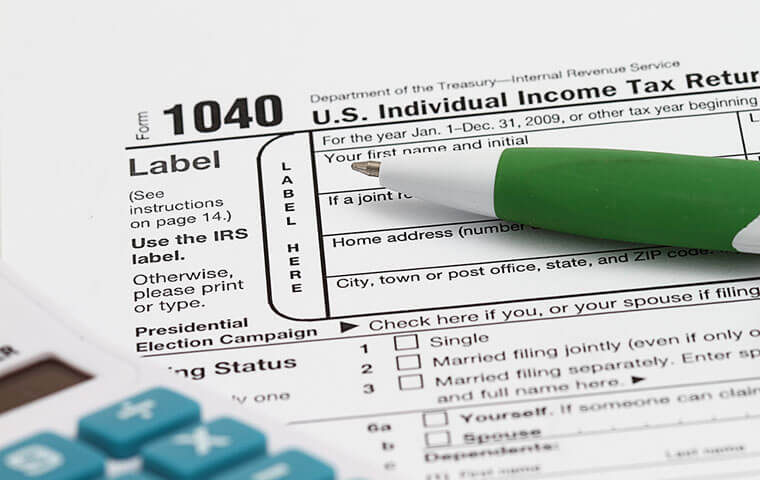 Private collection agencies, or PCAs, keep 25 percent of what is collected. Image: RAGMA IMAGES/Shutterstock.com
By: FEDweek Staff
Private collection agencies, or PCAs, keep 25 percent of what is collected. Image: RAGMA IMAGES/Shutterstock.com
By: FEDweek StaffIn its third iteration an IRS program of using private collection firms to collect overdue tax debt continues to criticized on grounds that “it would be more cost-effective to provide the IRS with the resources needed” to collect that debt itself, according to a report for Congress.
One reason for that view, the Congressional Research Service added is that the IRS has the flexibility to enter into offers in compromise with affected taxpayers that the collection firms lack.
The current program, like the ones launched in 1996 and 2006 only to be canceled several years later, focuses on tax debt which the IRS considers low priority for reasons including that the agency lacks the resources to attempt to collect it. The private collection agencies, or PCAs, keep 25 percent of what is collected.
Said the CRS, “Proponents of the current PCA program argue that without the use of private debt collectors, little or none of the tens of billions of dollars in the IRS’s inventory of inactive but collectible individual tax debt would ever be collected. They maintain that the IRS lacks the resources to collect all this debt and thus assigns a low priority to doing so. Some add that private firms are likely to be more efficient than the IRS in collecting this debt.”
However, it added that there have been charges “that the PCA program imposes economic hardships on low-income taxpayers” that led to language in a late-2020 law setting tighter limits on which accounts can be referred for collection. However, the CRS cited a recent inspector general report identifying more than 14,000 people who should have been dropped from the program under those standards but weren’t.
That prior report, one of a series from the IG raising issues with the current program, also found that documentation was lacking to show that all the contractor employees had cleared the background checks required before being given access to taxpayer information. Also, it noted that during the second phase of the current program two of the original four companies were not selected to continue and the payment arrangements that had been set up by those contractors were canceled, with most of them not renewed.
Key Bills Advancing, but No Path to Avoid Shutdown Apparent
TSP Adds Detail to Upcoming Roth Conversion Feature
White House to Issue Rules on RIF, Disciplinary Policy Changes
DoD Announces Civilian Volunteer Detail in Support of Immigration Enforcement
See also,
How Do Age and Years of Service Impact My Federal Retirement
The Best Ages for Federal Employees to Retire
How to Challenge a Federal Reduction in Force (RIF) in 2025
Should I be Shooting for a $1M TSP Balance? Depends…

